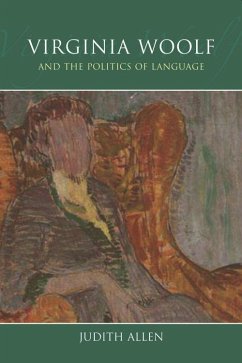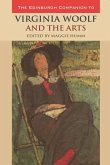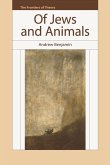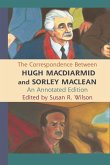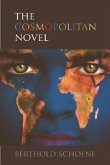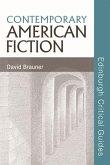The work of Virginia Woolf is critically relevant to questions of the dissemination and deciphering of political "information." Judith Allen approaches Woolf as a theorist of language and as a theorist of the reading process. Closely examining Woolf's narrative and rhetorical strategies, Allen shows how Woolf's texts both express and enact her politics. From Michel de Montaigne to the Dixie Chicks, from the newspaper empire of World War I to today's mainstream media and blogs, Allen connect Woolf's essays, including "A Room of One's Own," "Three Guineas," and "Thoughts on Peace in an Air Raid," as well as several novels, to today's political trends, focusing particularly on Woolf's interrogation of language (in some cases, the power of single resonant words) to show how she awaken her readers to new ways of reading and new questions of their own.
'A passionate, political and provocative study.' Patricia Clements, Professor Emeritus, University of Alberta, and founding director of The Orlando Project Times Higher Education Magazine 'The distillation of many years of sparklingly erudite scholarship and continuing incisive debate, Judith Allen's book is essential reading for anyone concerned by current and disturbing ramifications of the politics of language and the language of politics in the modern world. She provides a generously open guide to many of Woolf's most influential essays as well as to her major manifestos, A Room of One's Own and Three Guineas.' Dr Jane Goldman, Reader in English Literature, University of Glasgow 'Guided by Montaigne's trenchant question, "What do I know?", Judith Allen shows how the lexicon of war in the twenty-first century can be revealed in all its lamentable 'truthiness' by paying attention to what Virginia Woolf's essays have to say about the power of language to transform our world. This is a book that makes refreshingly clear Woolf's deep political engagement with the urgent issues of war and peace.' Mark Hussey, Editor, Woolf Studies Annual Judith Allen's timely study ranges from Michel de Montaigne to Jon Stewart, from the Northcliffe Press empire of World War I to Rupert Murdoch's current media empire, and explores the increasing influence of social media. Allen approaches Woolf as a theorist of language as well as a theorist of reading, and shows how her writing strategies - sometimes single, resonant words - function to express and enact her politics. Close readings of many essays, including 'Montaigne' and 'Craftsmanship', reveal how Woolf's complex arguments serve to awaken her readers to the complexities and power of language. Judith Allen leads the Virginia Woolf Discussion Group at Kelly Writers House at the University of Pennsylvania.
Hinweis: Dieser Artikel kann nur an eine deutsche Lieferadresse ausgeliefert werden.
'A passionate, political and provocative study.' Patricia Clements, Professor Emeritus, University of Alberta, and founding director of The Orlando Project Times Higher Education Magazine 'The distillation of many years of sparklingly erudite scholarship and continuing incisive debate, Judith Allen's book is essential reading for anyone concerned by current and disturbing ramifications of the politics of language and the language of politics in the modern world. She provides a generously open guide to many of Woolf's most influential essays as well as to her major manifestos, A Room of One's Own and Three Guineas.' Dr Jane Goldman, Reader in English Literature, University of Glasgow 'Guided by Montaigne's trenchant question, "What do I know?", Judith Allen shows how the lexicon of war in the twenty-first century can be revealed in all its lamentable 'truthiness' by paying attention to what Virginia Woolf's essays have to say about the power of language to transform our world. This is a book that makes refreshingly clear Woolf's deep political engagement with the urgent issues of war and peace.' Mark Hussey, Editor, Woolf Studies Annual Judith Allen's timely study ranges from Michel de Montaigne to Jon Stewart, from the Northcliffe Press empire of World War I to Rupert Murdoch's current media empire, and explores the increasing influence of social media. Allen approaches Woolf as a theorist of language as well as a theorist of reading, and shows how her writing strategies - sometimes single, resonant words - function to express and enact her politics. Close readings of many essays, including 'Montaigne' and 'Craftsmanship', reveal how Woolf's complex arguments serve to awaken her readers to the complexities and power of language. Judith Allen leads the Virginia Woolf Discussion Group at Kelly Writers House at the University of Pennsylvania.
Hinweis: Dieser Artikel kann nur an eine deutsche Lieferadresse ausgeliefert werden.

